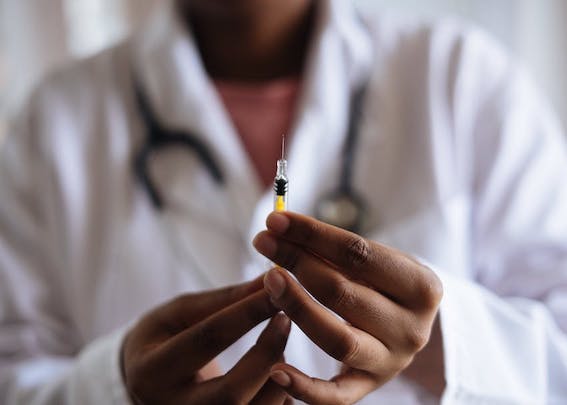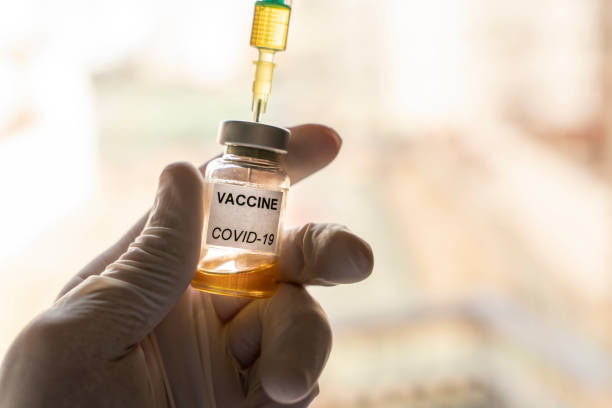A Covid-19 vaccine developed by Pfizer and BioNTech has shown evidence of being 90% effective against the virus.
These results were based on the first analysis from Phase 3 of the trial. Developers have described it as a “victory for innovation, science and a global collaborative effort,” achieved “at a time when the world needs it most.”
The vaccine was tested on 43,500 people in six countries and no safety concerns have been raised. The next step will be seeking regulatory review and emergency use authorisation.
When will it be available?
Pfizer and BioNTech plan to apply for emergency approval to use the vaccine by the end of the month.
Speaking in the House of Commons on Tuesday, Heath Secretary Matt Hancock said:
“We do not yet know whether or when a vaccine is approved, but I have tasked the NHS with being ready at any date from 1 December.”
A spokesperson for the NHS told Birmingham Eastside that the health service has “well established plans for delivering vaccinations across the country”, so once a vaccine is ready “staff can deliver it safely.”
According to the government, the UK have procured 40 million doses of the vaccine.

Who will first get it?
Individual countries will decide who will be prioritised. The Independent Joint Committee for Vaccination and Immunisation hasn’t arrived at a final decision on priority groups at this time.
“We want as many people as possible to access a Covid-19 vaccine,” said a Department of Health and Social Care spokesperson.
“A vaccine should first be given to care home residents and staff, followed by people over 80 and health and social workers, then to the rest of the population in order of age and risk,” DHSC mentioned.
Adam Cunningham, Professor of Functional Immunity at University of Birmingham told Eastside about the possible dangers of the vaccine.

“The issue about targeting the elderly and vulnerable is that they might not be protected by the vaccine – their immune systems don’t necessarily work in the same way.”
“Pfizer have seen a good level of response. We already knew from previous work that this technology will be able to generate anti-bodies with the potential to neutralise the virus in laboratory.”
Cunningham said the likelihood of returning to normality by next spring looked slim but the news of a vaccine is a “opening door to return to normality.“
Meanwhile the UK’s chief medical advisor, Professor Chris Whitty called the news a “reason for optimism for 2021.”
rime Minster Boris Johnson said at a press conference that these are “very, very early days.” He urged the population not to “rely on this news as a solution” during the current phase of new national restrictions.
“The biggest mistake we could make now is to slacken our resolve at a critical moment”.
The restrictions – dubbed by many as #Lockdown2 – are due to end on December 2nd.

